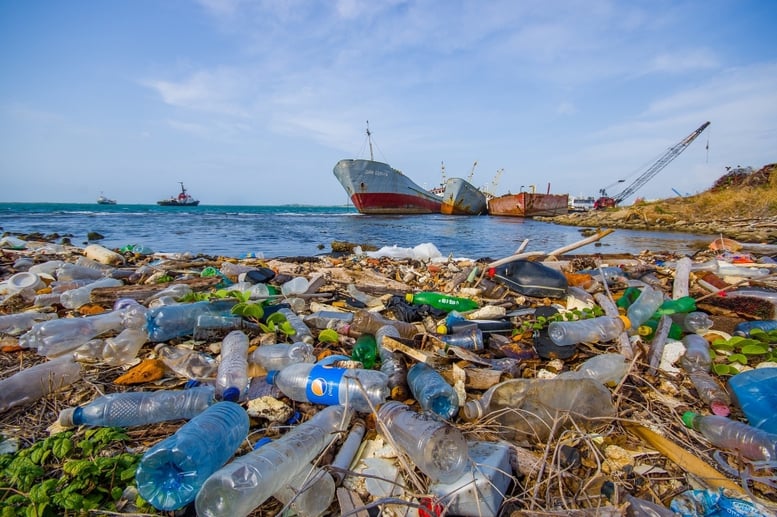
Plastic pollution is one of the most serious challenges facing the environment today.
The theme chosen by the United Nations Environment Programme for World Environment Day (June 5) 2025 is "Ending Plastic Pollution," as it is one of the most serious challenges facing the environment today.
Strong commitment to combating plastic pollution.
According to the United Nations Environment Programme, the world produces approximately 430 million tons of plastic annually, of which more than two-thirds are single-use products that quickly become waste.
In Vietnam alone, an estimated 1.8 million tons of plastic waste are generated annually, yet only about 27% of it is recycled. The majority of plastic waste is either buried or incinerated, wasting resources and posing potential negative impacts on the environment, ecosystems, and public health.
Deputy Minister of Agriculture and Environment Le Cong Thanh affirmed that no country can stand outside the fight against plastic waste. The Vietnamese government has actively participated in proposing global and regional cooperation mechanisms on reducing plastic waste at many international conferences and forums, such as the G7 Summit, the World Economic Forum on ASEAN, etc.
Notably, Vietnam was one of the first three countries to establish and operate the Working Group for the National Action Partnership on Plastics. Vietnam has also demonstrated a strong commitment by participating in negotiations for the Global Agreement on Plastic Pollution, aiming to build a green, circular, and sustainable economy .
Domestically, Vietnam has enacted the 2020 Environmental Protection Law, implementing guidelines, and a series of policies. Notable examples include the National Action Plan on Marine Plastic Waste, which sets targets to reduce marine plastic waste by 75% by 2030; ensure that 100% of coastal tourist areas, destinations, and accommodation establishments do not use single-use plastic products and non-biodegradable plastic bags; and that 100% of marine protected areas are free of plastic waste.
In addition, Vietnam has also issued a plan to strengthen plastic waste management; preferential policies for businesses recycling and producing plastic substitutes; programs on sorting, collecting, and treating solid household waste, including plastic waste; implementing recycling models and circular economy models; and developing plans and organizing the implementation of activities to prevent plastic waste and the "say no to plastic waste" movement.
In fact, many localities such as Hai Phong, Quang Ninh, Da Nang, Binh Duong, Ho Chi Minh City, etc., have effectively implemented models of waste sorting at source, "green markets," and plastic-free urban areas. Businesses have also begun to apply bio-materials, recycled packaging, and waste circularity models in industrial zones.
However, Deputy Minister Le Cong Thanh also frankly acknowledged many challenges in managing and reducing plastic waste in Vietnam, such as: laws and strategies exist, but implementation is limited; circular economy policies and expanded producer responsibility are still new; infrastructure for waste sorting at source is not yet synchronized; the habit of using single-use plastics is still prevalent; and collection and recycling are not yet highly effective.
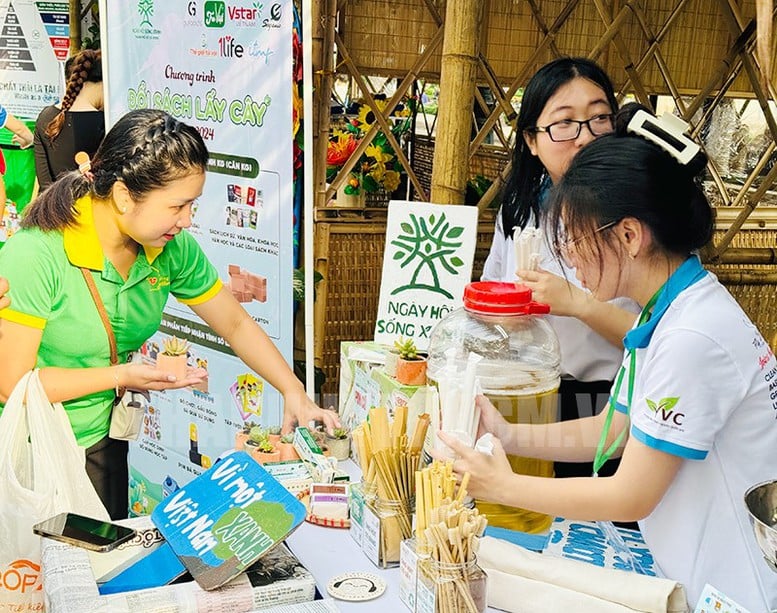
Many activities promote a green lifestyle to the community.
Raising awareness is key to reducing plastic pollution.
In conjunction with the Month of Action for the Environment and World Environment Day 2025, the Ministry of Agriculture and Environment launched the campaign "Joining hands to reduce plastic waste - Spreading a green lifestyle."
One of the key activities to be implemented this month is organizing "Single-Use Plastic-Free Day" in offices, schools, supermarkets, markets, and major events in provinces and cities nationwide; launching a movement to sort waste at source, collect and recycle plastic waste in households and organizations; and expanding the model of circular agriculture and ecological agriculture to reduce plastic generation.
This is coupled with communication activities to raise awareness about the harmful effects of plastic products on the environment, ecosystems, and human health; spreading a green lifestyle to every household; conducting scientific research, applying and transferring technology for waste recycling, and producing environmentally friendly materials to replace plastic materials.
Van Ngoc Thinh, Country Director of the World Wide Fund for Nature (WWF) in Vietnam, also called on the community to consume responsibly. Accordingly, he recommended that people refuse single-use plastics – such as plastic bags, straws, and cups – and replace them with reusable products; reducing plastic emissions in all activities – from individual to collective, from tourism to production.
In addition, each household needs to collect, sort, and recycle plastic properly. "Every small action, such as sorting waste at the source or collecting trash along the coast, contributes greatly to reducing pollution. We need to bring trash ashore, collect fishing nets, and restore the marine environment," Mr. Thinh emphasized.
According to Mr. Van Ngoc Thinh, raising awareness is the "key" to changing behavior. Vietnam is on the right track with the 2020 Environmental Protection Law and circular economy initiatives.
Thu Cuc
Source: https://baochinhphu.vn/chong-o-nhiem-nhua-lan-toa-loi-song-xanh-den-tung-ho-gia-dinh-102250605164712891.htm



![[Photo] Two flights successfully landed and took off at Long Thanh Airport.](/_next/image?url=https%3A%2F%2Fvphoto.vietnam.vn%2Fthumb%2F1200x675%2Fvietnam%2Fresource%2FIMAGE%2F2025%2F12%2F15%2F1765808718882_ndo_br_img-8897-resize-5807-jpg.webp&w=3840&q=75)




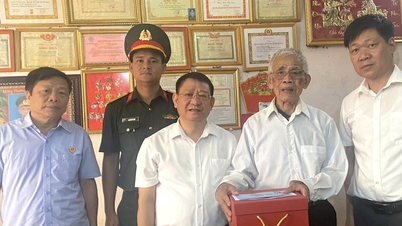




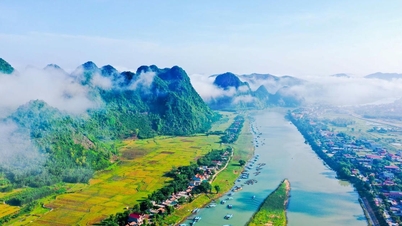







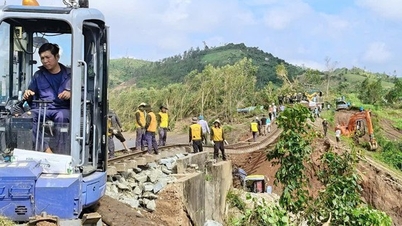


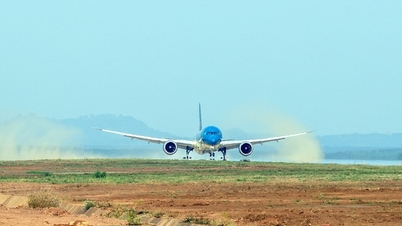







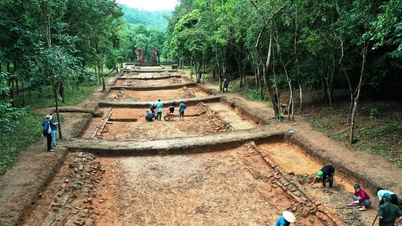










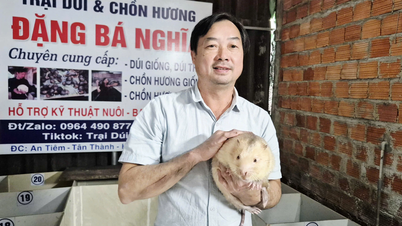

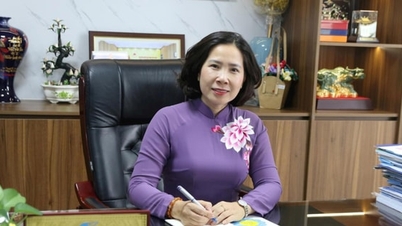



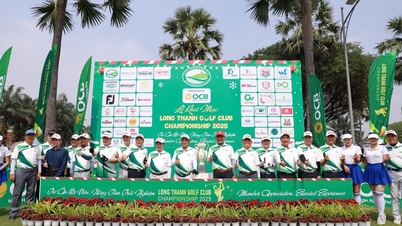


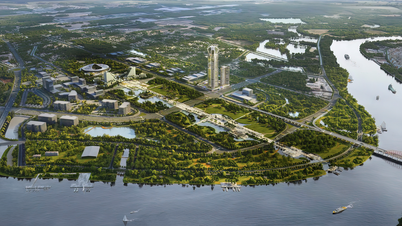

























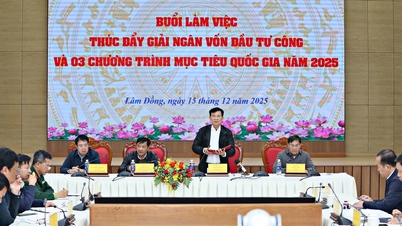

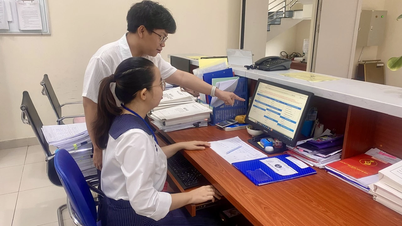




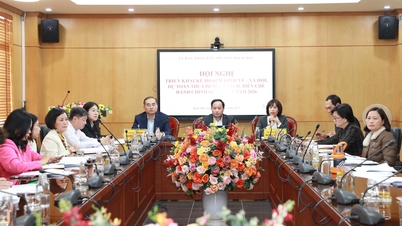


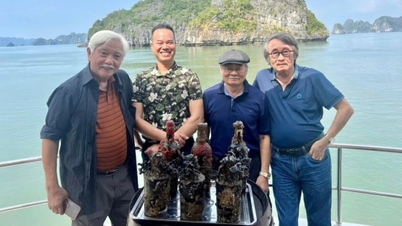










Comment (0)